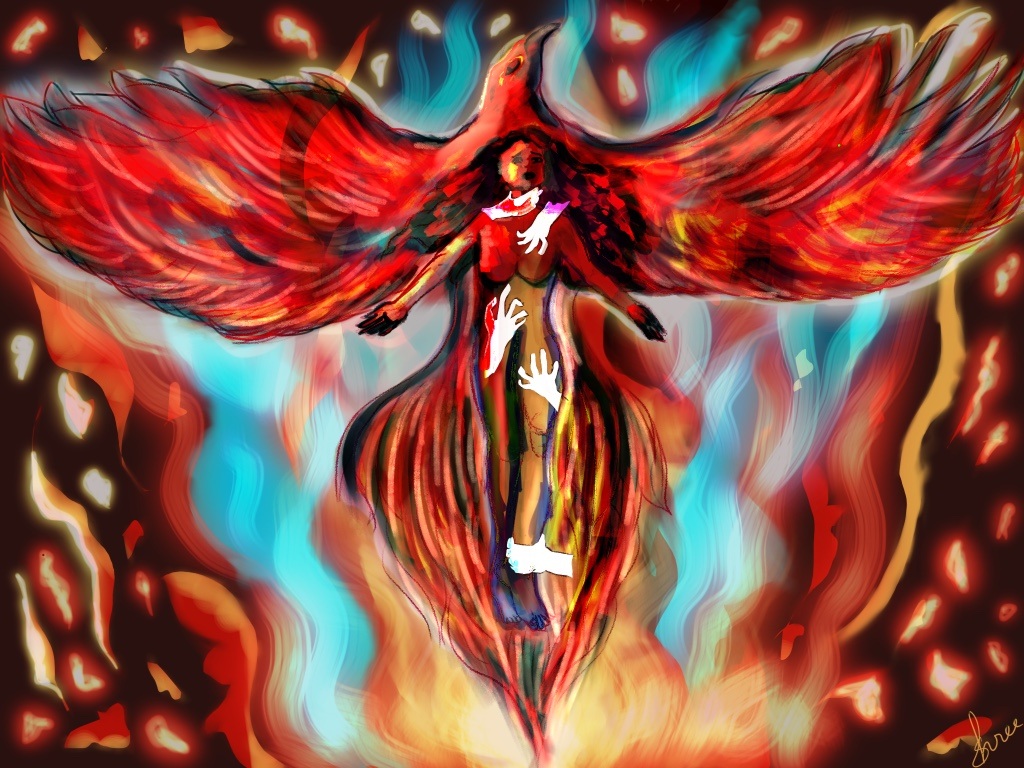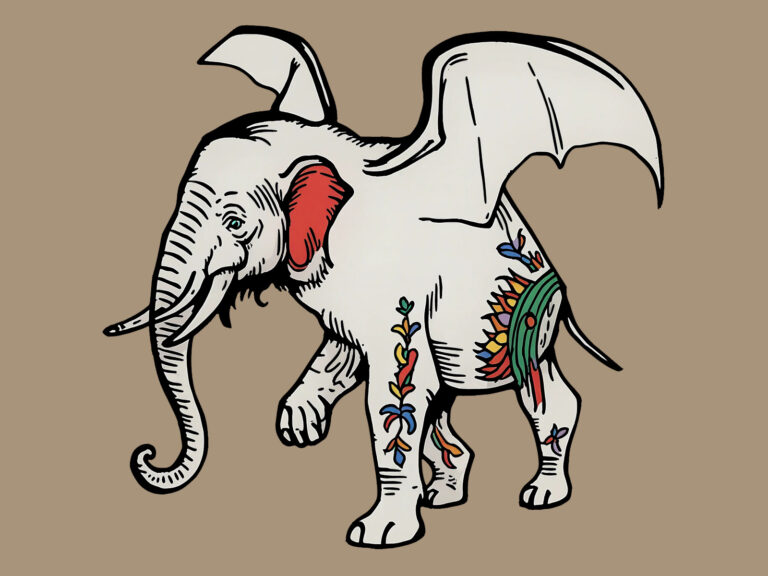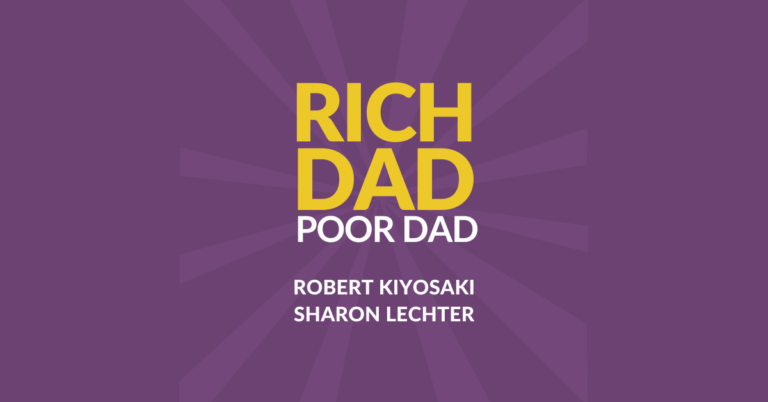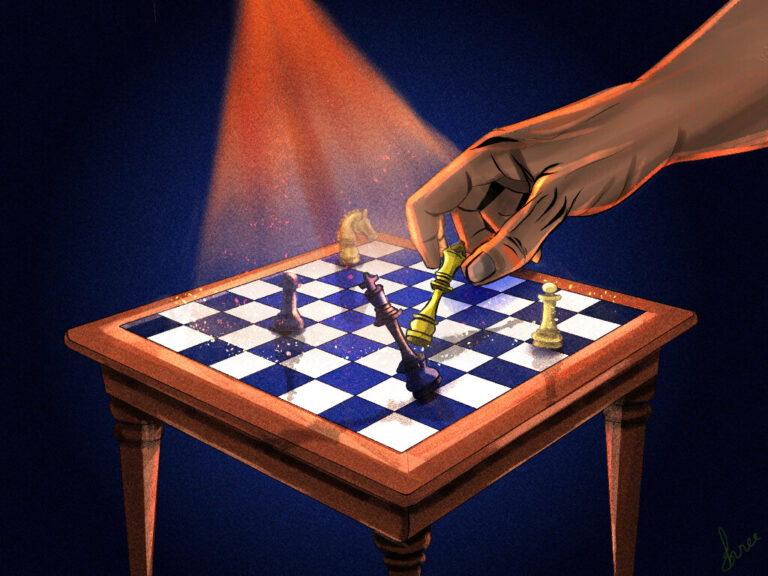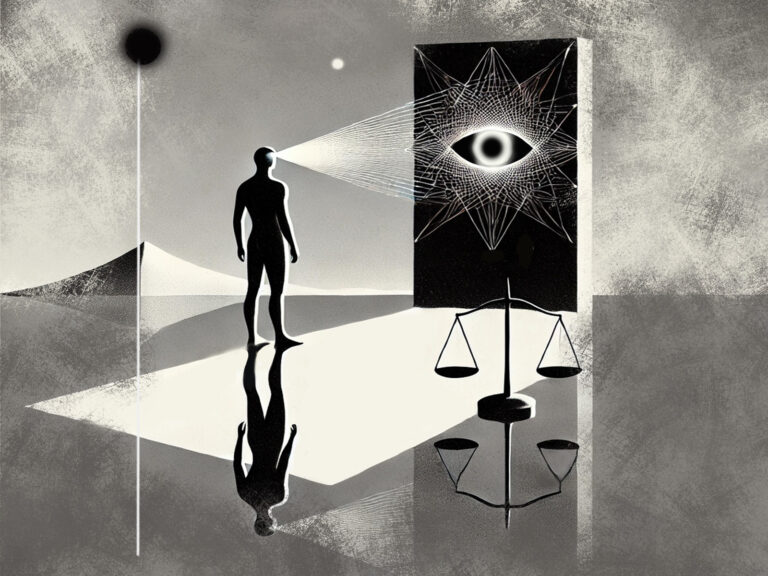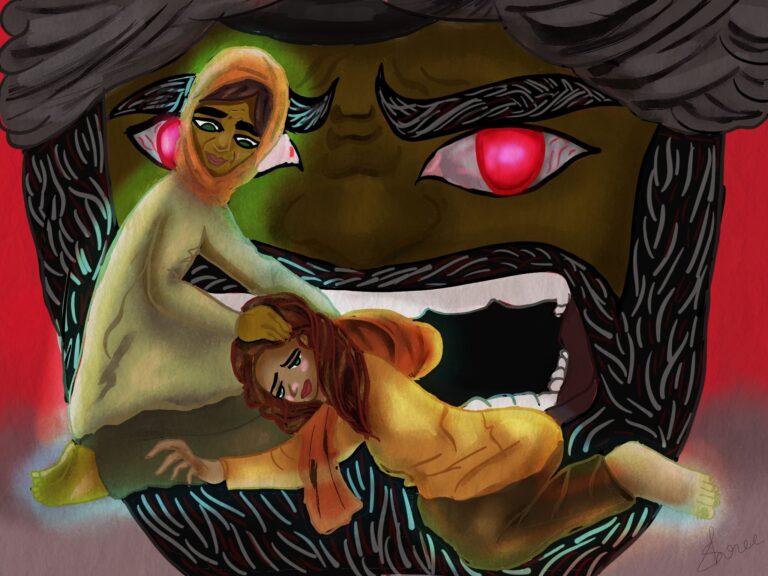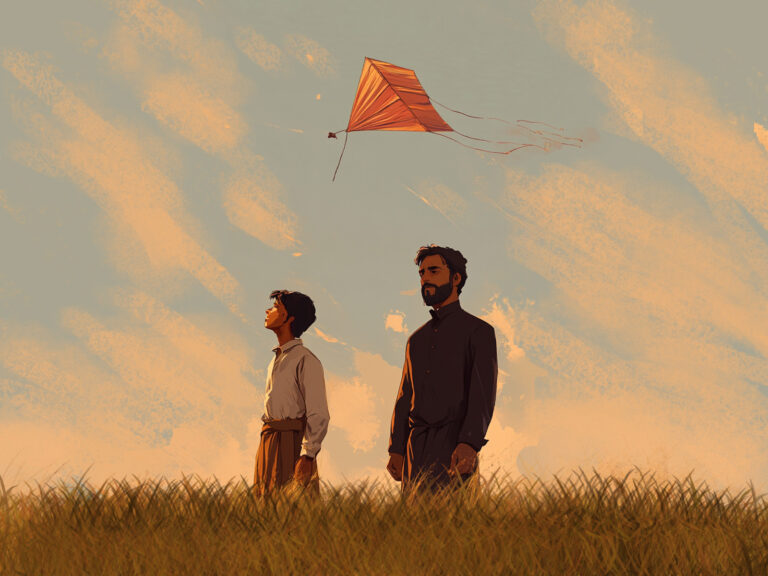Nadia Murad’s The Last Girl

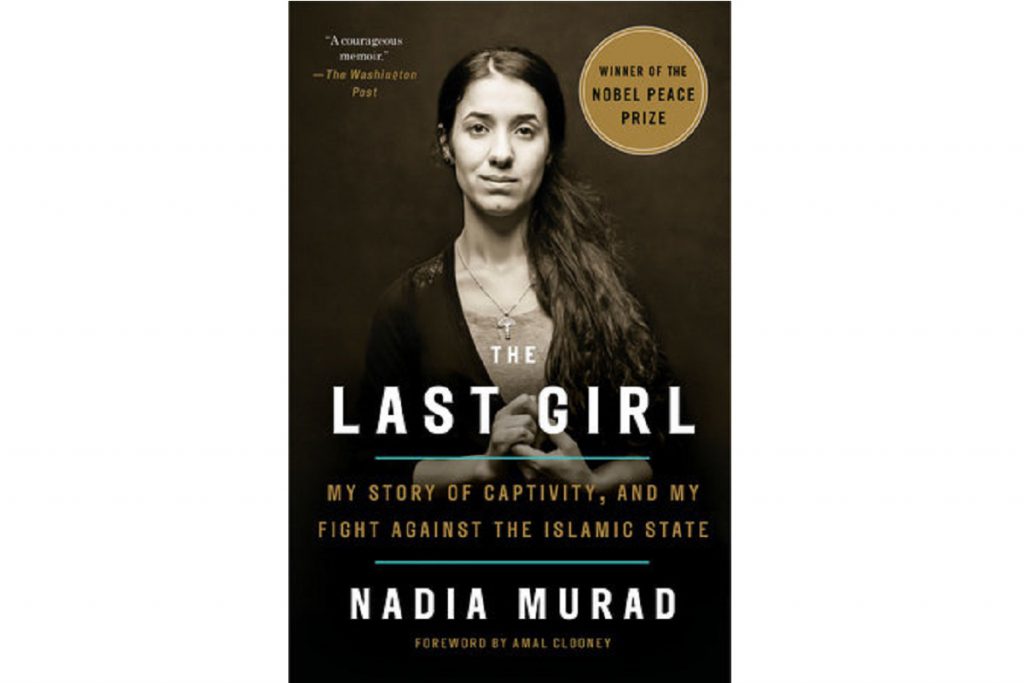
That country and that Nation which does not respect women have never become great nor will ever in future
Swami Vivekananda
Swami Vivekananda’s words echoed into my ears as I read the book: The Last Girl: My Story of Captivity Fight Against the Islamic State, written by Nadia Murad and Jeena Krajeski . The book begins with Nadia as a young girl, who describes to us readers her simple yet love infused childhood. The first few chapters go about describing her childhood and her dreams. As the story progresses we realise that the book is a testament to the collective power of women.
Nadia lived in the small village of Kocho, in Northern Iraq. She led a normal life as any girl with a family living in any part of the world. However, on the 3rd of August 2014, ISIS captured the town of Sinjar in Northern Iraq. After the 3rd of August Nadia’s entire village lived in constant fear of ISIS and did not even venture out of their houses. However, everything changed on the 15th of August 2014. Nadia was 21 years, she herself did not even have the faintest idea what life had in store for her. She saw six of her brothers and her mother being murdered and buried in mass graves.
As for herself she was forced into sexual slavery by the ISIS, repeatedly raped and physically assaulted. “ At some point, there is rape and nothing else. This becomes a normal day. You don’t know who is going to open the door next to attack you, just that it will happen and that tomorrow might be worse. You stop thinking about escaping or seeing your family again. Your past life becomes a distant memory, like a dream. Your body doesn’t belong to you, and there’s no energy to talk or fight or think about the world outside. There is only rape and numbness that comes with accepting that this is your life. Fear was better. With fear, there is an assumption that what was happening isn’t normal. Sure, you feel like your heart will explode and you will throw up, you cling desperately to your family and friends and your grovel in front of the terrorists , you cry until you go blind, but at least you do something. Hopelessness is close to death.”
The Yazidis are monotheists who believe in peacock angel, Twasi Malek. The genocide of the Yazidis have been occuring since the Ottoman era. According to ISIS, the Yazidis are “devil worshippers” and “infidels” . Hence, the ISIS, justify the massacre and enslavement of Yazidis, singling them out among Iraq’s many minorities for particularly inhumane treatment. Usually Yazidi men are asked to choose between conversion to Islam or death. As for women and girls, they are traded like chattel, often considered as rewards for the men in ISIS. They are often trafficked and their payment is used to fund the war and further terrorist attacks. However, more than rape being looked upon as a form of reward, it is a means of ethnic cleansing.
Nadia was traded like chattel, repeatedly raped, beaten, starved and humiliated. Finally she was sold to a jihadist in Mosul, from where she escaped and ended her ordeal. “ I knew that if I thought about it any longer, I would run out of time. I had to decide . But I couldn’t move. No matter what choice I played in my head, it always ended with me being captured and punished. I assumed he had left me alone in the house with the door unlocked and no guards because he had forgotten. He wasn’t stupid. He did that because at that point, having been abused so long and being so weak from sickness and hunger, I wouldn’t think of trying to escape. They thought they had me forever. They are wrong, I thought. And in the blink of an eye, I tossed my bag over the wall and then jumped over it myself, landing with a thud on the other side.”
The spectrum of violence against women is wide and far reaching. The book provides intricate details of how life under ISIS was. What each woman in Iraq went through and are going through, we sitting in our homes safely can never imagine. Many of the women and girls who had escaped from the clutches of ISIS, refuse to speak about it; they want to forget that very chapter from the book of their lives.“ Still, most of the escaped sabaya were tight-lipped about their time with ISIS, as I had been at first, and I understood why. It was their personal tragedy and their right not to tell anyone.” However, Nadia deliberately chose to share her story with the world. Nadia wants to let the world know what she and several Yazidi women have and are going through.
The book leaves an everlasting impact on the minds of the reader. It makes us realize how valuable one’s life is. The things that we so easily take for granted are dreams for many people. Unfortunately, rape as a punishment or as a means to control still lurks in the narrative. It is called “Rape as a weapon of war“; because this type of war is fought through women’s bodies and has enormous consequences for the survival of their communities. To quote Nadia,“ I want to be the last girl in the world with a story like mine.” and we truly wish that Nadia words come true. Presently, Nadia Murad has been appointed as a United Nations Goodwill Ambassador for the Dignity of Survivors of Human Trafficking. She also received the Nobel Peace Prize in 2018 along with Denis Mukwege for their efforts to end the use of sexual violence as a weapon of war and armed conflict. Nadia could be any of us if we were born under those circumstances. However, what is extraordinary about Nadia is that she refused to accept her circumstances and she rose like a phoenix.
References
- https://www.nrc.no/shorthand/stories/rape-as-a-weapon-of-war/index.html
- “The Last Girl: My Story of Fight Against the Islamic State” by Nadia Murad.
Featured Image Credits: Penguin Random House


